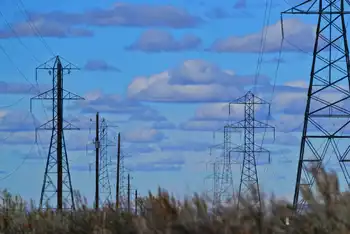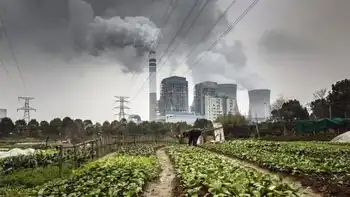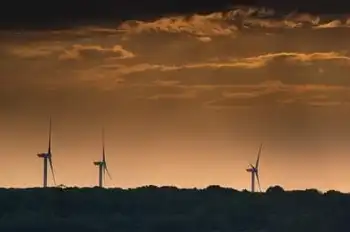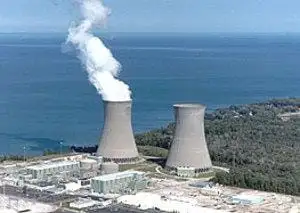Several Saudi cities facing power disruptions
The industrial sector is especially faced with breakdowns. Now angered by the frequent disruptions, inflicting huge losses and damage to the industry, a group of Saudi businessmen and industrialists are planning to sue the Saudi Electricity Company (SEC).
They said that the SEC had failed to fulfill its commitment to provide uninterrupted power supply.
Hamoud Al Hajla, the lawyer representing industrialists, was quoted as saying here that the utility company must pay compensation for failing to meet its obligations to its clients.
Ahmad Al Tuwaijri, former head of the economic committee at the Provincial Council of Al Qasim, is among those industrialists who are pursuing legal action against the utility company.
“We will file a lawsuit against SEC for its dereliction of duty in providing an uninterrupted power supply to our industries,” he said.
Meanwhile, sources at the Saudi Electricity Regulatory Authority said they had not received complaints about power disruptions.
“We will take stern action once we receive any such complaints,” the source said.
It is noteworthy that Minister for Water and Electricity Abdullah Al Hussain recently attributed power disruptions in some regions of the kingdom mainly to engine failure at three generators.
He ruled out claims for compensation, saying there were also other causes for which the ministry was not accountable, such as high temperatures and use of poor quality air conditioners by some consumers.
In the meantime, in order to bridge the gap between the rising demand and the available supply, the SEC has contracted Aggreko PLC, a supplier of temporary power and temperature control, to provide 100MW of temporary power to help overcome seasonal power shortages in Saudi Arabia.
The contract is expected to last for a minimum of three months and will take to over 170MW the total capacity being supplied by Aggreko to Saudi Electric.
AggrekoÂ’s International Power Projects business which serves requirements of power utilities, governments, armed forces and major industrial users is supplying power at six sites in the Qassim region, north of the Saudi capital Riyadh.
Earlier the Saudi Electric Company also announced obtaining a SR4.1 billion (US$1.09 billion), 12-year loan from U.S. Export-Import Bank and CanadaÂ’s Export Development Credit (EDC) to fund it purchase from U.S.-based GE Energy, 23 gas turbines with a capacity to generate 2.9MW.
“This is the first direct loan to Saudi Electricity from the two banks,” the SEC’s Chief Executive Ali Saleh al-Barrak said at the signing ceremony.
EximbankÂ’s share of the loan is $912 million and the remainder is from CanadaÂ’s EDC.
The agreement coincides with tight credit conditions in the Saudi market due mainly to concerns over the global financial crisis and its repercussions on some firms in the kingdom.
“Local banks have done more than enough; they have also financed projects (involving Saudi Electricity). The field is open to local banks. The international financing gives greater depth and confidence to the company when it seeks financing from international banks,” Barrak told reporters.
Saudi Electricity is witnessing a rapid increase in its debts due mainly to poor efficiency at a majority of its power plants, heavily-subsidized price of electricity, unruly consumer behaviour and a rapid rise in power demand which stands at eight per cent annually.
Officials from the U.S. and the Canadian agencies said the agreement was supporting 29,000 jobs at GE-owned plants both in the U.S. and Canada.
Related News
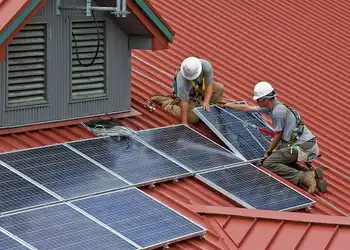
Coronavirus could stall a third of new U.S. utility solar this year: report
WASHINGTON - About 5 gigawatts (GW) of big U.S. solar energy projects, enough to power nearly 1 million homes, could suffer delays this year if construction is halted for months due to the coronavirus pandemic, according to a report published on Wednesday.
The forecast, a worst-case scenario laid out in an analysis by energy research firm Wood Mackenzie, would amount to about a third of the utility-scale solar capacity expected to be installed in the United States this year.
The report comes two weeks after the head of the top U.S. solar trade group called the coronavirus pandemic "a crisis here" for…

